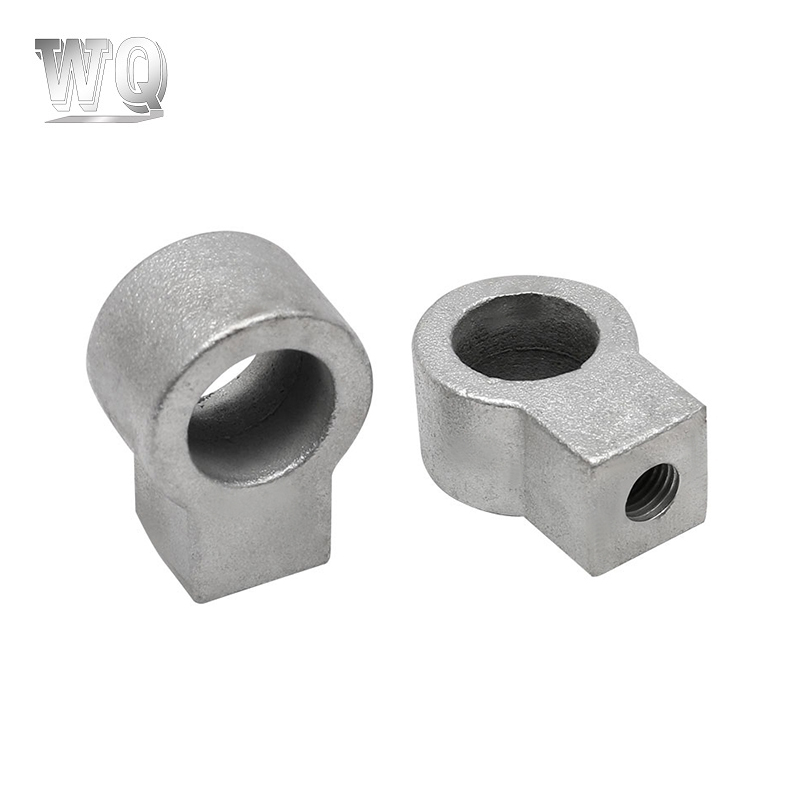Stainless steel casting parts are highly valued in the automotive industry, particularly for components within the fuel system, due to their corrosion resistance, strength, and ability to withstand harsh conditions. Here are some specific applications:
Stainless steel is used for fuel tanks in some vehicles, especially those that require higher levels of corrosion resistance, such as alternative fuel vehicles.
The precision and durability of stainless steel make it suitable for fuel injector components, which must withstand high pressures and corrosive fuel.
Stainless steel is used in the construction of fuel pumps to ensure longevity and resistance to the corrosive nature of fuel.
Stainless steel braided hoses and lines are used for their strength and resistance to kinking and corrosion.
Stainless steel is used in the construction of fuel filters to provide a durable and corrosion-resistant housing for the filter media.

These components are often made from stainless steel to ensure they can withstand the pressure and corrosive nature of the fuel.
In some fuel injection systems, the fuel rail, which carries high-pressure fuel to the injectors, may be made from stainless steel for its strength and corrosion resistance.
Stainless steel is used in heat shields to protect fuel system components from the heat generated by the engine.
Stainless steel is used in vapor recirculation systems to manage fuel vapors and prevent them from being released into the atmosphere.
Stainless steel is used for filler necks and caps to resist corrosion from fuel and environmental factors.
These applications take advantage of stainless steel's properties, ensuring the reliability and longevity of the fuel system components in vehicles.









